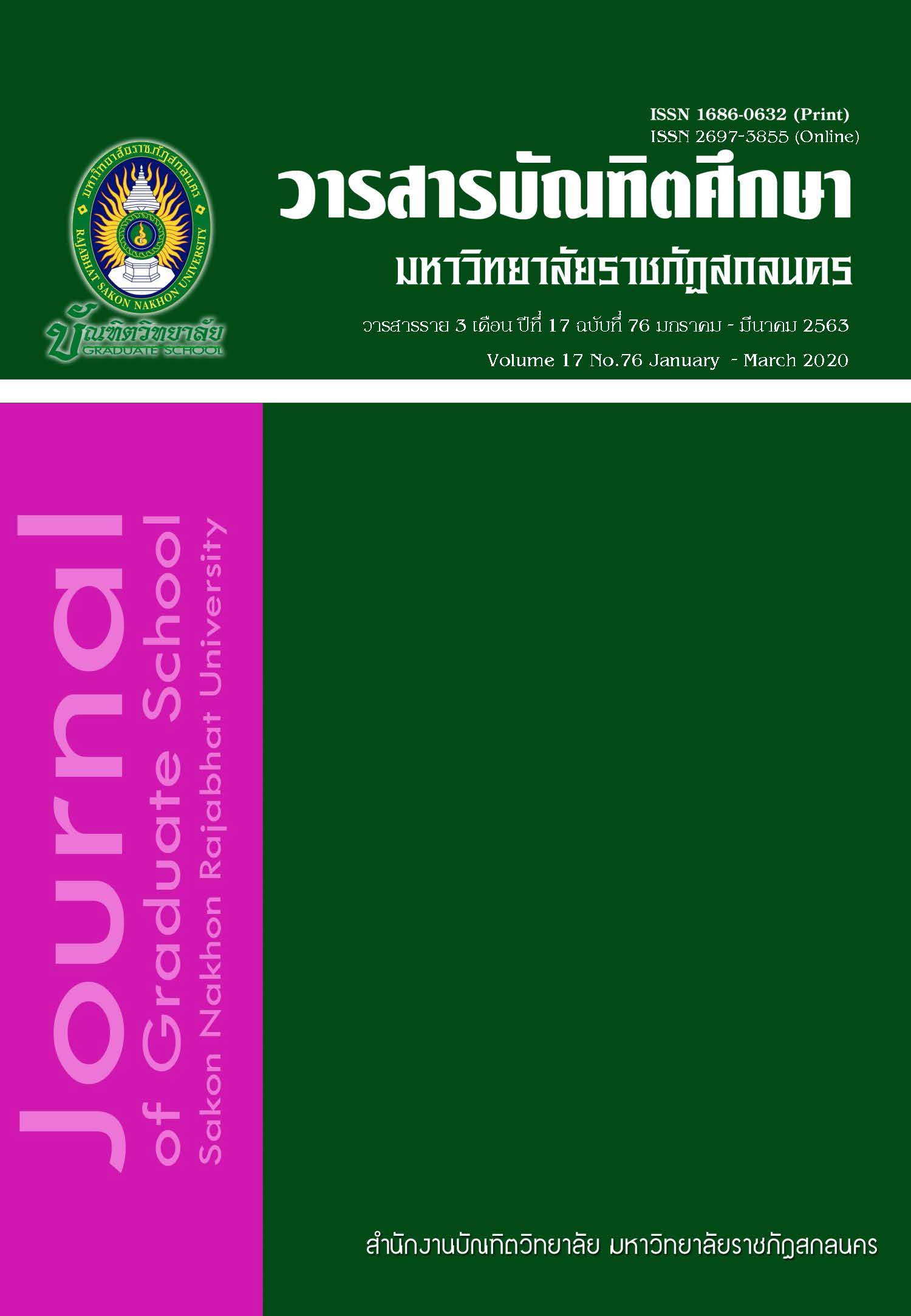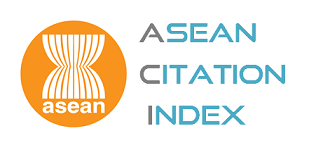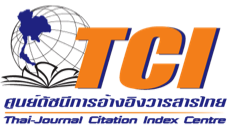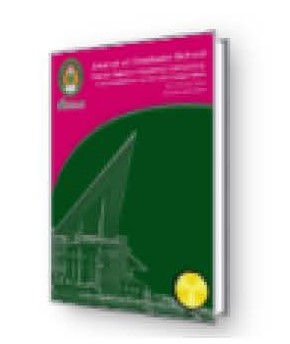การจัดการขยะอิเล็กทรอนิกส์ในระบบนิเวศโดยธุรกิจรับซื้อของเก่า กรณีศึกษา : สหพันธ์การค้า จังหวัดปราจีนบุรี
Keywords:
electronic wastes, junk shopsAbstract
The extensive utilization of electronic devices as of making convenient life and effective work have led to rapidly increasing sales of new electronic devices. Increasingly use of these devices has resulted in a deluge of electronic waste (e-waste). According to Pollution Control Department, in 2018, Thailand has produced 414,000 tons of e-waste (not including unlawful imported e-waste from foreign countries). Among this, only 83,600 tons are managed properly (Pollution Control Department, 2019). The rest of these improper disposal electronic wastes go directly into the ecosystem. In addition, the presence of e-waste elements from non-decay plastics and hazardous substances, like lead, cadmium and so on, are not strictly controlled under hazardous waste regulations in Thailand. Fortunately, the recyclable waste collecting and buying business groups have been successful in helping pinpoint the waste reduction from the ecosystem at a somewhat level. In a case study of Sahaphankarnkha, a computer recycling business, has involved conducting the purchases of old CPUs’ computers for segregation and accelerated zero waste efforts with additional monetary incentive of approximately 9,963.53 Baht per month or 41.72% of income, which is at a very good rate of return, despite only 3% from the whole selling of CPUs’ computer. Therefore, recently Thailand relies on the recycling and collecting businesses as an essential process to deal with the management of electronic waste from the ecosystem.
Downloads
Published
How to Cite
Issue
Section
License
บทความทุกบทความที่ตีพิมพ์ในวารสารบัณฑิตศึกษา มหาวิทยาลัยราชภัฏสกลนคร ถือว่าเป็นลิขสิทธิ์ของบัณฑิตวิทยาลัย มหาวิทยาลัยราชภัฏสกลนคร










